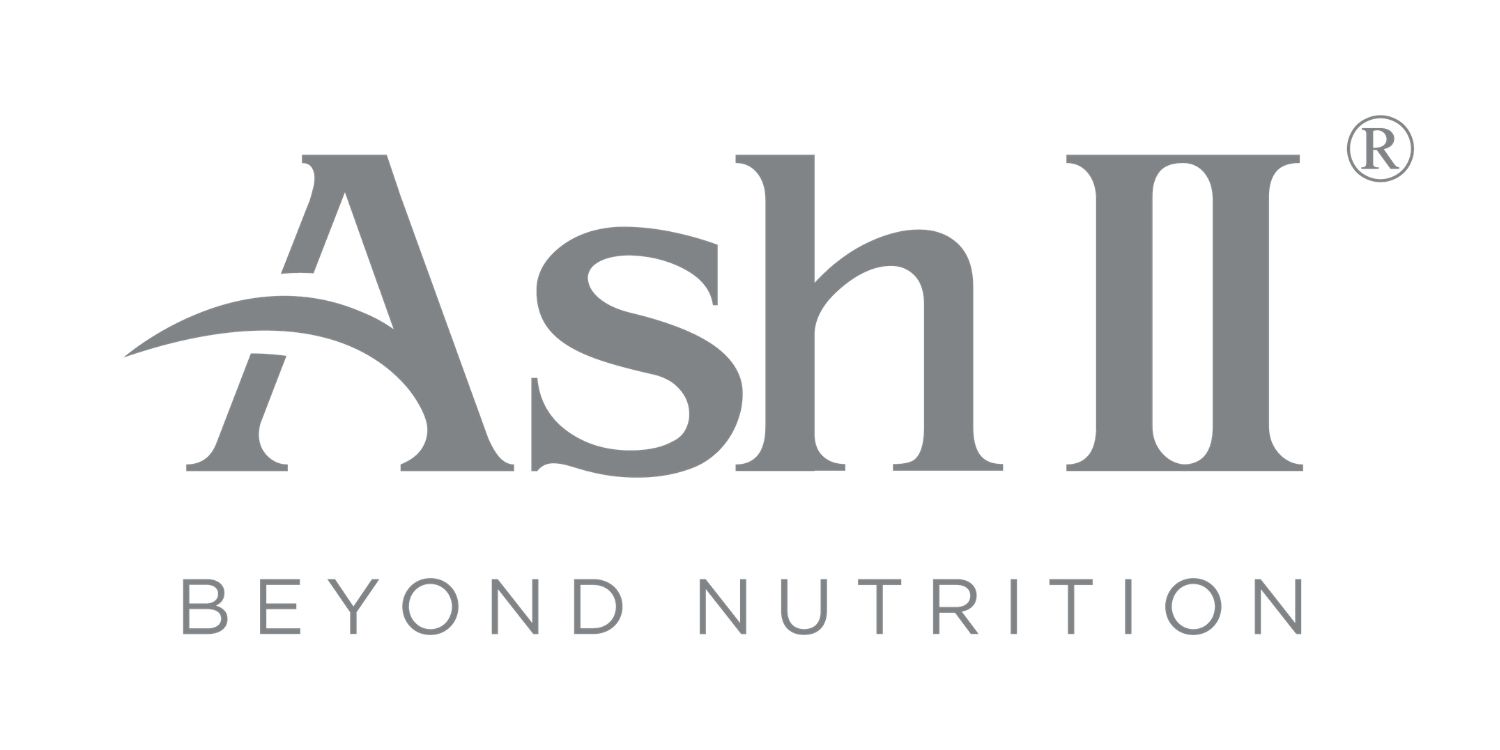While supplements can be a convenient way to increase your vitamin C intake, nature offers a wide range of delicious foods that are naturally rich in this essential nutrient.
In fact, getting your daily dose of vitamin C from whole foods is a great way to benefit from other important nutrients like fibre, antioxidants, and other vitamins.
Vitamin C, or ascorbic acid, is essential for maintaining a healthy immune system, healthy skin, and overall well-being. But unlike some animals, humans cannot produce their own vitamin C, so we must rely on dietary sources.
In this article, we’ll explore the best food sources of vitamin C that are easily accessible in Malaysia and how you can incorporate them into your daily meals.
1. Guava (Jambu Batu): The Vitamin C Powerhouse
Guava is a tropical fruit that is one of the richest sources of vitamin C. Just one medium-sized guava can provide over 200 mg of vitamin C, which is more than double the daily recommended intake for adults
Benefits of Guava
- Rich in antioxidants, which help protect the body from oxidative stress.
- High in dietary fibre, supporting digestive health.
- Packed with vitamin A, which is beneficial for eye health.
You can enjoy guava fresh, or blend it into smoothies, juices, or fruit salads. In Malaysia, guava is widely available at local markets and supermarkets.
2. Papaya (Betik): A Tropical Delight
Papaya is another excellent source of vitamin C, providing about 60 mg of vitamin C per 100 grams. This makes it a great addition to your diet, especially when you’re looking to boost your immune system.
Benefits of Papaya:
- Contains papain, an enzyme that aids in digestion.
- Rich in folate and vitamin A, which support skin health and vision.
- Helps reduce inflammation and promotes healthy skin.
Enjoy papaya as a snack, in fruit salads, or blend it into a refreshing smoothie.
3. Oranges: The Classic Vitamin C Source
Oranges are perhaps the most well-known food source of vitamin C. One medium-sized orange provides around 70 mg of vitamin C, which is about 80% of the recommended daily intake.
Benefits of Oranges
- High in antioxidants that protect against inflammation.
- Rich in flavonoids that support heart health.
- Supports collagen production, promoting healthy skin.
Oranges are versatile — enjoy them as a fresh snack, squeeze fresh juice, or add to your morning fruit salad.
4. Kiwi: A Small Fruit with Big Benefits
Kiwi is a small fruit packed with vitamin C. Just one medium-sized kiwi provides around 70 mg of vitamin C, equivalent to the amount found in one orange. It’s also a great source of fibre and antioxidants.
Benefits of Kiwi
- Supports digestion due to its high fibre content.
- Contains antioxidants that help fight oxidative stress.
- Improves skin health and boosts collagen production.
Kiwi can be eaten raw or added to smoothies, salads, or yogurt bowls for an extra burst of flavour.
5. Bell Peppers: A Colourful Way to Get Vitamin C
Some individuals believe that it’s impossible to overdose on vitamin C from food, and that high doses of vitamin C can only come from supplements. While it’s true that food sources of vitamin C are generally safe and unlikely to cause an overdose, it’s still important to maintain a balanced approach.
What the Science Says:
- It is highly unlikely that you will reach unsafe levels of vitamin C by eating foods like oranges, guava, or broccoli. The body regulates vitamin C intake efficiently, and it’s very rare for food alone to cause an overdose.
However, if you consume large amounts of vitamin C-rich foods and supplements together, you may be at a greater risk of consuming excessive amounts.
6. Broccoli: The Vitamin C-packed Superfood
Broccoli is not only a great source of vitamin C but also provides a variety of other essential nutrients like folate, fibre, and vitamin K. A 100-gram serving of cooked broccoli provides 89 mg of vitamin C, which is a substantial amount for daily intake.
Benefits of Broccoli:
- Helps boost immunity and supports skin health.
- Contains compounds that promote detoxification and may help reduce cancer risk.
- Supports digestive health due to its high fibre content.
You can steam, stir-fry, or even add broccoli to soups for a healthy, nutrient-packed meal.
7. Strawberries: A Sweet Source of Vitamin C
Strawberries are not only delicious but also rich in vitamin C. A 100-gram serving of strawberries provides 58 mg of vitamin C, making them a tasty way to boost your intake.
Benefits of Strawberries
- High in antioxidants, which help fight free radicals in the body.
- Supports heart health and helps lower blood pressure.
- Great for skin health and collagen production.
Enjoy strawberries fresh, in fruit salads, smoothies, or as a topping for your morning oatmeal.
8. Acerola Cherries: A Vitamin C Powerhouse
Acerola cherries, also known as Barbados cherries, are an incredibly rich source of vitamin C. Just one small acerola cherry can provide more than 100 mg of vitamin C, making it one of the most concentrated sources.
Benefits of Acerola Cherries
- Provides an abundance of antioxidants that promote overall health.
- Supports a healthy immune system and reduces inflammation.
- Helps with collagen production for healthy skin.
Acerola cherries can be found in supplement form or fresh at some local health food stores.
9. Pineapple (Nanas): A Refreshing Vitamin C Boost
Pineapple is a tropical fruit that not only contains vitamin C but also bromelain, an enzyme known for its anti-inflammatory properties. A 100-gram serving of pineapple provides about 47 mg of vitamin C.
Benefits of Pineapple
- Helps with digestion due to its bromelain content.
- Promotes skin health and helps boost immunity.
- Reduces inflammation and supports overall wellness.
Pineapple can be eaten fresh, in smoothies, or added to fruit salads for a tropical twist.
Final Thoughts: Incorporating Vitamin C-rich Foods into Your Diet
Incorporating vitamin C-rich foods into your diet is a delicious and natural way to support your immune health, skin, and overall wellness. From tropical fruits like guava and papaya to vegetables like bell peppers and broccoli, there are plenty of options to choose from.
Remember, while supplements can be helpful, it’s always best to aim for a well-rounded diet that includes a variety of vitamin C-rich foods. And when choosing supplements, be sure to consider factors like absorption, dosage, and certification, as discussed in other articles.
So, next time you’re planning your meals, make sure to include some of these vitamin C-packed foods for an extra boost of health and vitality.
A nutritionist who believes that food is the foundation of health. She combines knowledge, care, and real-world solutions to guide readers toward a healthier and more balanced life.
Share this:
- Click to print (Opens in new window) Print
- Click to share on Facebook (Opens in new window) Facebook
- Click to share on WhatsApp (Opens in new window) WhatsApp
- Click to share on X (Opens in new window) X
- More
- Click to share on Tumblr (Opens in new window) Tumblr
- Click to share on Reddit (Opens in new window) Reddit
- Click to share on Pinterest (Opens in new window) Pinterest
- Click to share on LinkedIn (Opens in new window) LinkedIn
- Click to share on Pocket (Opens in new window) Pocket
- Click to share on Telegram (Opens in new window) Telegram




